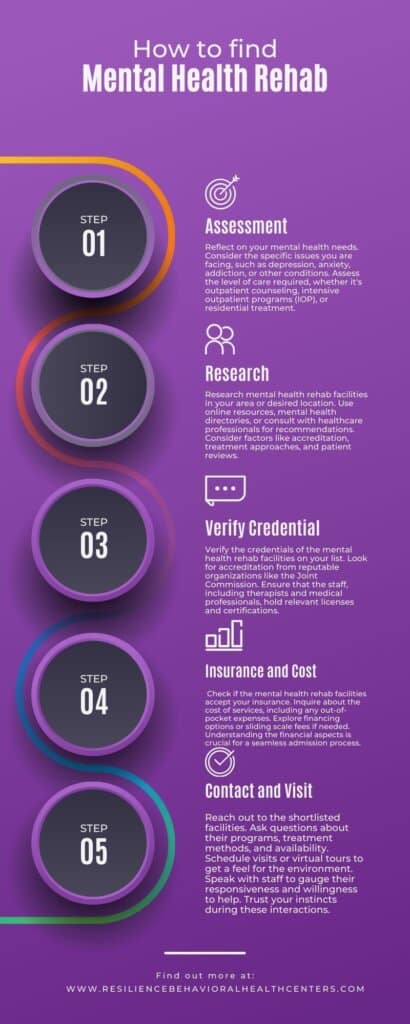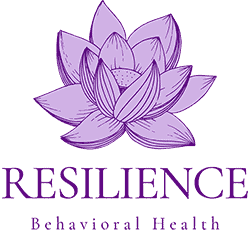Transitional Living After Mental Health Rehab MA
Rehab is a process that occurs gradually but surely. If you think about it, your mental health really takes a beating over years of anxiety, depression, or both. Now, if you couple that with an addiction, you’ll understand when we say recovery will take some effort. But the good news is that transitional living programs make the process a bit more comfortable. Ahead, we’ll discuss Massachusetts’ transitional living and how it plays a major role in the rehab of your mental health.
What Is Transitional Living For Mental Health Rehab?
Transitional living sets the individuals, who have already been receiving intensive mental health care, to a more independent living before they can move back to their home.
It creates a balance where the individuals can continue to receive care while developing their recovery skills. And in the meantime, they also gain the necessary independence to live on their own.
Candidates For Transitional Living
Candidates live outside the treatment facility, so they can continue to receive more detailed treatment. Treatment, which isn’t feasible to be delivered at home – perhaps the treatment facility is too far. Or, the appropriate support isn’t available at home.
The purpose of living outside the treatment facility is so the person can learn to live on their own. And just for the safe side, they have a healthcare professional monitoring their behavior to prevent relapses. Here are the candidates for whom transitional living is suitable:
- Who might be facing severe mental illness and require lengthier care.
- Are unable to fully take care of themselves just yet without facing lapses.
- Do not have a strong support at home or outside the treatment facility.
- Have diagnosed one mental illness – co-occurring disorders – that they are attempting to recover from at the same time.
How Are Transitional Living Programs Helpful?
Anxiety disorder is the most common mental illness in the world; 32.3% of the U.S. population (nearly one-third) have anxiety or depression symptoms. If left unchecked, it can cause severe disorders that require more rigorous treatment.
Massachusetts’ mental health rehab programs such as transitional living can help you prevent these severe symptoms by:
- Relapse prevention: This helps individuals identify triggers that could lead to relapse and develop strategies to cope with them.
- Independent living skills training: This includes teaching individuals how to manage their finances, cook healthy meals, maintain a clean and organized living space, and use public transportation.
- Social skills training: This helps individuals develop and improve their communication, assertiveness, and problem-solving skills.
- Vocational support: This helps individuals find and maintain employment or pursue further education.
- Medication management: This ensures that individuals receive the appropriate medication and support to manage their mental health conditions.

What Are Some Mental Facilities In Massachusetts?
The recovery process might require some effort, but know this, care is always available for you. The following resources can help you in your research for transitional living in Massachusetts:
- The Massachusetts Department of Mental Health (DMH): The DMH provides a list of licensed TLPs in Massachusetts, along with their contact information and services offered.
- The National Alliance on Mental Illness (NAMI) Massachusetts: NAMI Massachusetts offers a resource guide for finding mental health services, including TLPs.
- The Substance Abuse and Mental Health Services Administration (SAMHSA): SAMHSA’s website provides a national directory of TLPs, including those in Massachusetts.
There are several resources available online; if you need to fast-track your research, let Resilience Behavioral Health help you. Remember, care is available; all you have to do is act timely. Click here to fast-track your search for a suitable and quality transitional living mental health rehab in Massachusetts.


